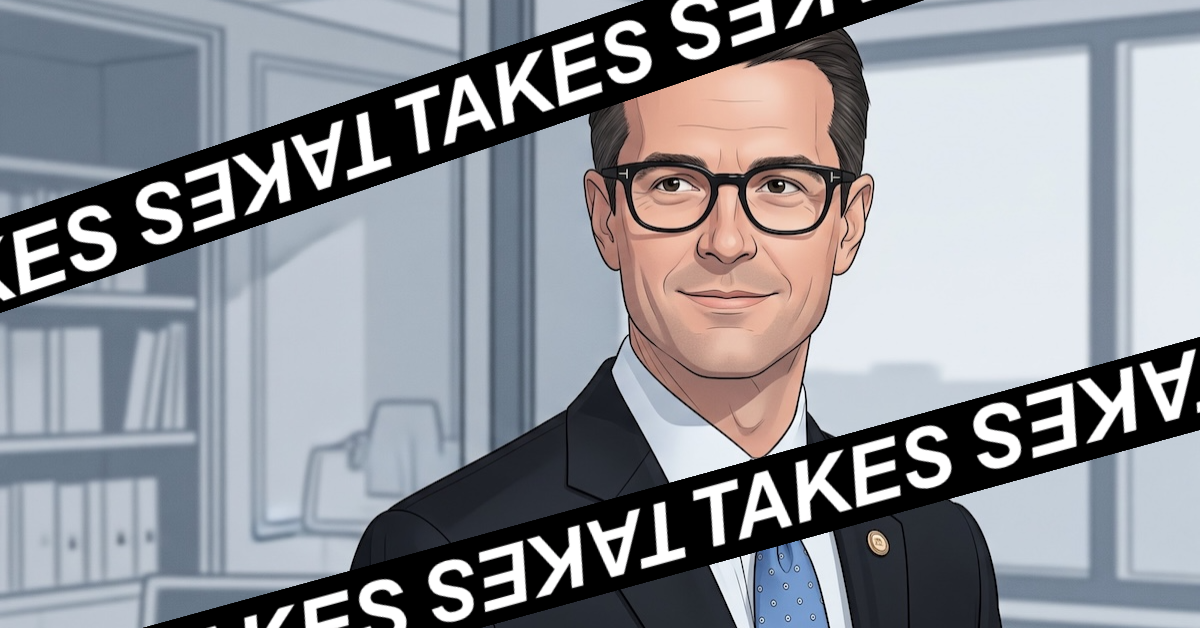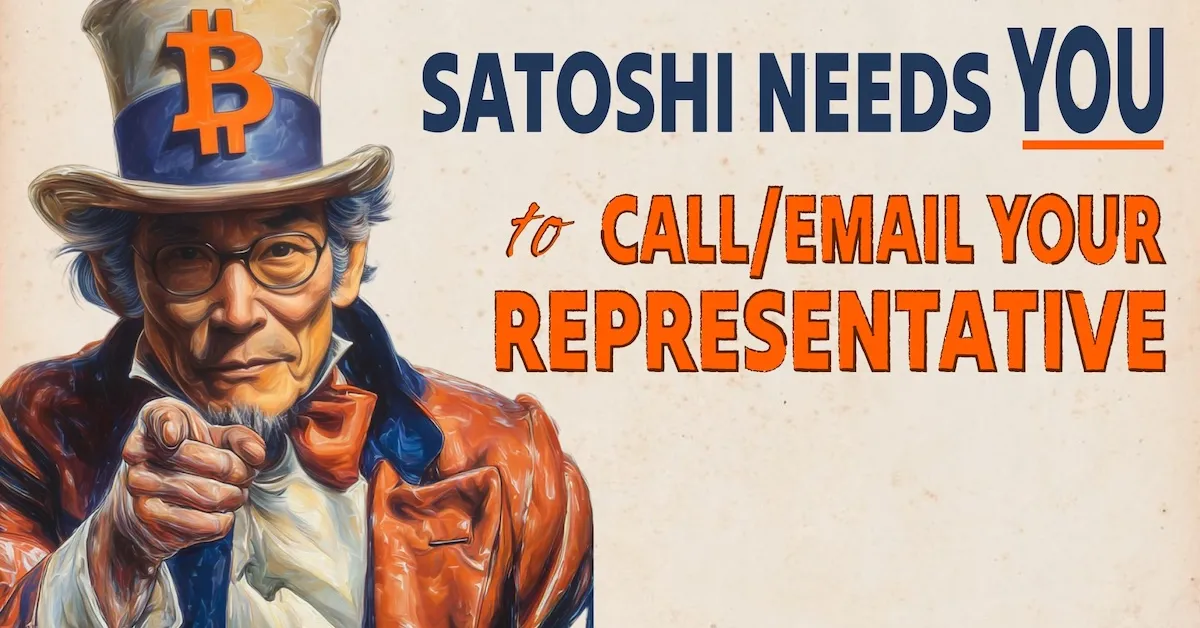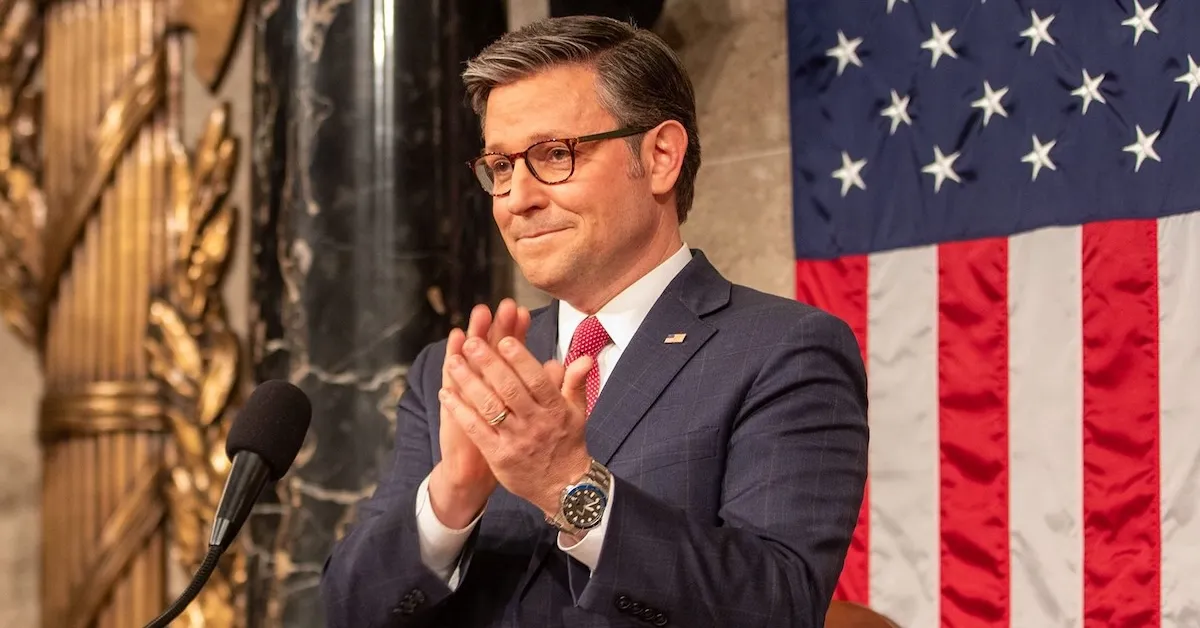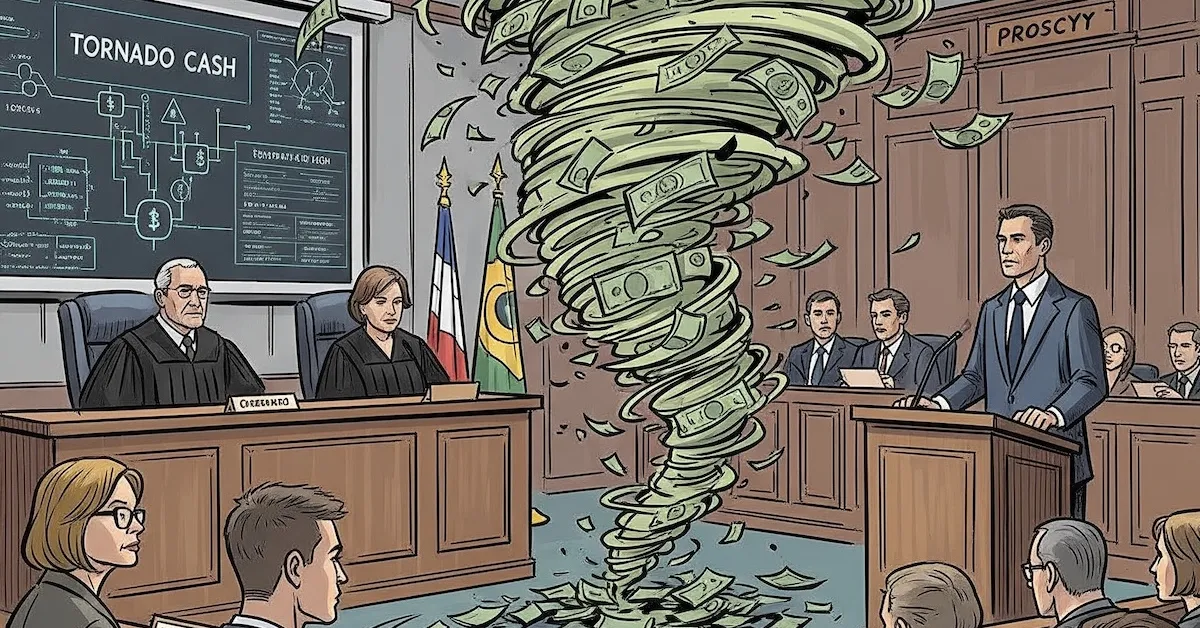Congress on Notice: Crypto Advocates Push for Developer Protection Amidst Regulatory Scrutiny

The Department of Justice (DoJ) has signaled a shift in its approach to prosecuting open-source crypto developers, as articulated by Acting Assistant Attorney General (AAAG) Matthew Galeotti at an American Innovation Project (AIP) summit. Galeotti emphasized the DoJ's focus on “even-handed enforcement of the law” in the digital asset space, referencing a memo from Deputy Attorney General (DAG) Todd Blanche. This memo indicated an end to the “regulation by enforcement” approach, particularly concerning crypto developers. Galeotti's remarks underscored that the DoJ will not use federal criminal statutes to create a new regulatory regime or use indictments as a lawmaking tool, asserting that “merely writing code without ill intent is not a crime” and that developers of neutral tools should not be held responsible for others' misuse.
However, industry skepticism quickly emerged, with prominent figures like Peter Van Valkenburgh of Coin Center expressing concern that Galeotti's speech, while encouraging, was incomplete and potentially left the door open for continued prosecutorial overreach. Van Valkenburgh, and others, highlighted specific comments from Galeotti that suggested a broad interpretation of “criminal intent.” For instance, while stating that a developer merely contributing code without specific intent to assist criminal conduct is not criminally liable, Galeotti also clarified that the DoJ may pursue cases under 18 U.S. Code § 1960(b)(1)(C) if evidence shows a defendant knew funds were derived from criminal defense or intended for unlawful activity. He further noted that “all of the subject’s conduct and the services they provide end-to-end will be considered” if criminal intent is present, even for truly decentralized software. This broad interpretation raises concerns, especially considering past cases like Samourai Wallet and Tornado Cash, where developers' actions, including seemingly trolling comments like inviting “Russian oligarch Samourai Wallet users,” were used to infer criminal intent. These interpretations could potentially still lead to prosecutions for developers like Roman Storm of Tornado Cash.
In response to this ongoing uncertainty, the crypto industry is actively pursuing legislative solutions. The DeFi Education Fund, supported by over 110 crypto builders, investors, and advocates, has penned a letter to the U.S. Senate Banking Committee. This letter urgently calls on Congress to “provide robust, nationwide protections for software developers and noncustodial service providers in market structure legislation,” asserting that without such protections, the broader industry cannot support a market structure bill. It highlights a concerning drop in the share of open-source developers based in the U.S., from 25% in 2021 to 18% in 2025, attributed to a “lack of regulatory clarity for software development.” The letter commends the inclusion of language from both the Blockchain Regulatory Certainty Act (BRCA) and the Keep Your Coins Act in House and Senate drafts of the CLARITY Act, stressing the imperative to explicitly protect individuals and entities from regulation solely for creating, developing, publishing, and maintaining blockchain networks or enabling user access while maintaining custody of their own funds.
Further progress on this front came with the U.S. Senate Banking Committee's release of its latest CLARITY Act draft. This draft proposes critical amendments to 18 U.S. Code § 1960(a) and 31 U.S. Code § 5330. Crucially, it stipulates that only crypto developers or providers who “knowingly exercise control over currency, funds, or other value that substitutes for currency” should be treated as money transmitting businesses. This amendment, if enacted, would not only protect Bitcoin and crypto developers going forward but also retroactively apply. Section 501 of Title V, “Protecting Software Developers and Software Innovation,” explicitly states its applicability to “conduct occurring before, on, or after the date of enactment of this Act.” This retroactive protection is a significant development for individuals like Tornado Cash developer Roman Storm, who was found guilty of operating an unlicensed money transmitting business and plans to appeal; if CLARITY passes with this language, Storm's legal team could find success at the appellate level. However, it would not help the Samourai Wallet developers who accepted a plea deal. The draft further defines “non-controlling” (noncustodial) developers as those who create or work on distributed ledger services that do not have the unilateral ability to control or initiate transactions involving digital assets without user approval, thereby exempting them from being treated as money transmitting businesses. As Congress reconvenes, the Senate Banking Committee plans to prioritize CLARITY, integrating feedback from numerous crypto industry stakeholders to deliver a bipartisan product that safeguards investors, fosters innovation, and keeps digital finance anchored in America.
You may also like...
Sports Betting in Africa: Quick Money or Long-Term Addiction?

"Is sports betting in Africa an opportunity for wealth or a trap for addiction? Explore its impact on youth, the role of...
October 2nd: Guinea’s Independence—A Nation With Defiant Beginning and Enduring Story

On October 2, 1958, Guinea made history as the first French colony in Sub-Saharan Africa to boldly declare independence....
The Jumia Story: Lessons From Africa’s First Tech Unicorn

Discover the story of Jumia, Africa’s first tech unicorn, and how platforms like Glovo and Bokku are reshaping e-commerc...
The Silent Cognitive Crisis: Brain Complacency in the Age of AI

“AI offers convenience, but at what cost? Explore how over-reliance on artificial intelligence fuels brain complacency, ...
Legacy Continues: Football Royalty's Son Nets Stunning Screamer for Barcelona Youth

Shane Kluivert, son of Dutch football legend Patrick Kluivert, scored a spectacular 'screamer' for Barcelona's Under-19s...
WNBA Star's Terrifying Health Ordeal: Mitchell Reveals Rhabdomyolysis Left Her Paralyzed

Indiana Fever All-Star guard Kelsey Mitchell revealed she suffered from Rhabdomyolysis during a WNBA semifinal game, cau...
Warner Bros' Box Office Bubble Bursts, But Industry Shrugs: What Does It Mean?

Paul Thomas Anderson's "One Battle After Another" marks a different kind of success for Warner Bros., earning critical a...
DCU's Nightmare: Are Film Franchises Repeating MCU's Fatal Flaws?

The DCU's increasing interconnectivity, particularly in <i>Peacemaker</i> Season 2, is raising concerns about potential ...


